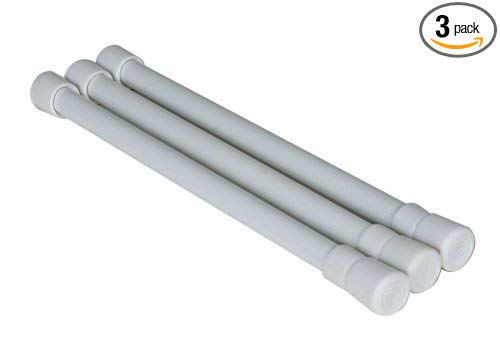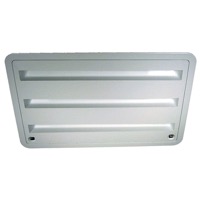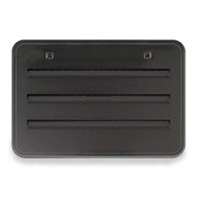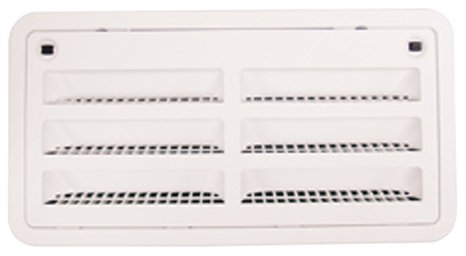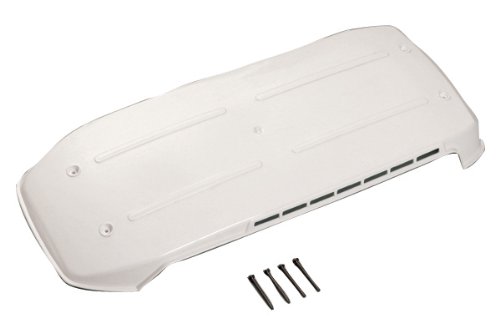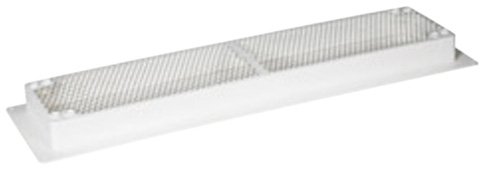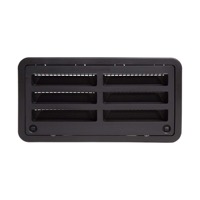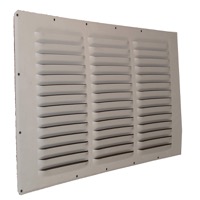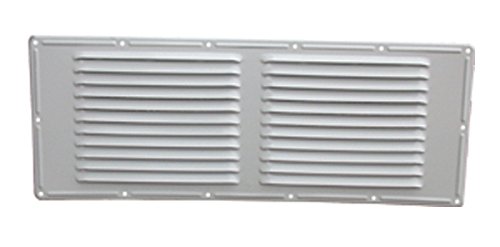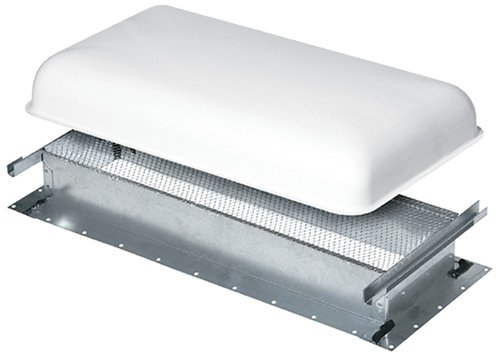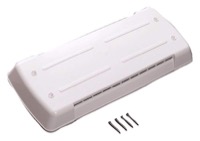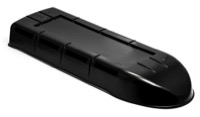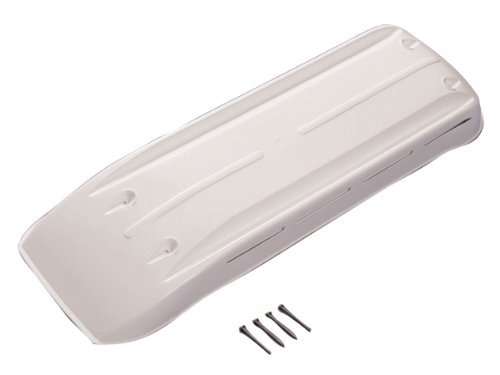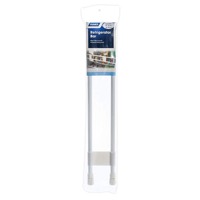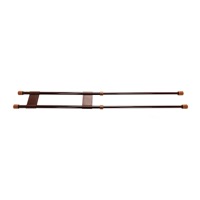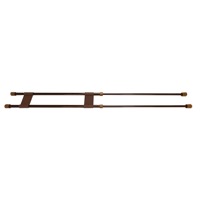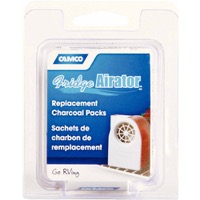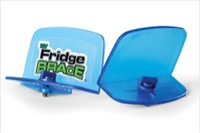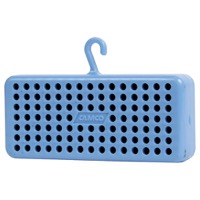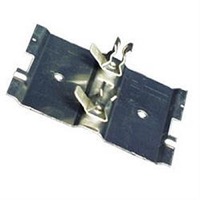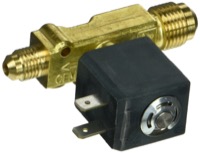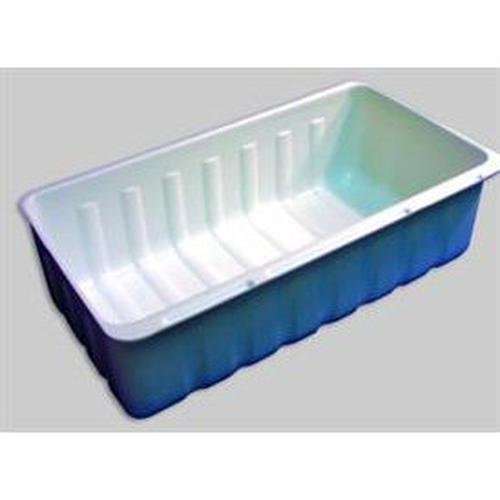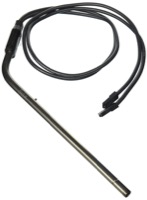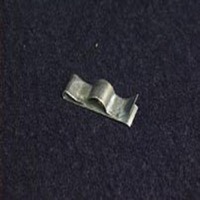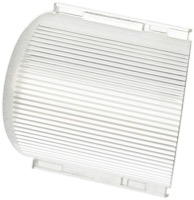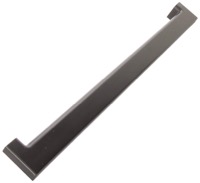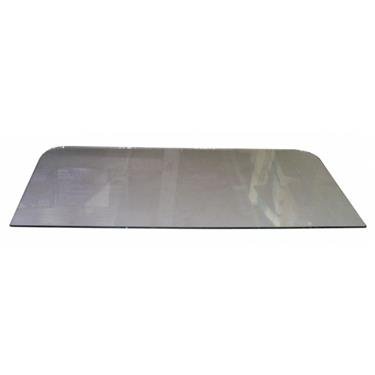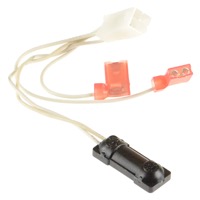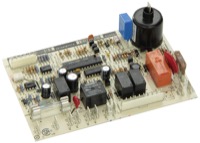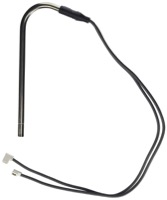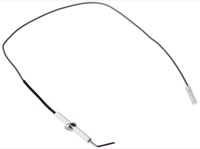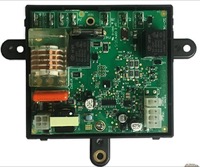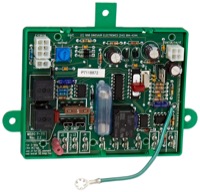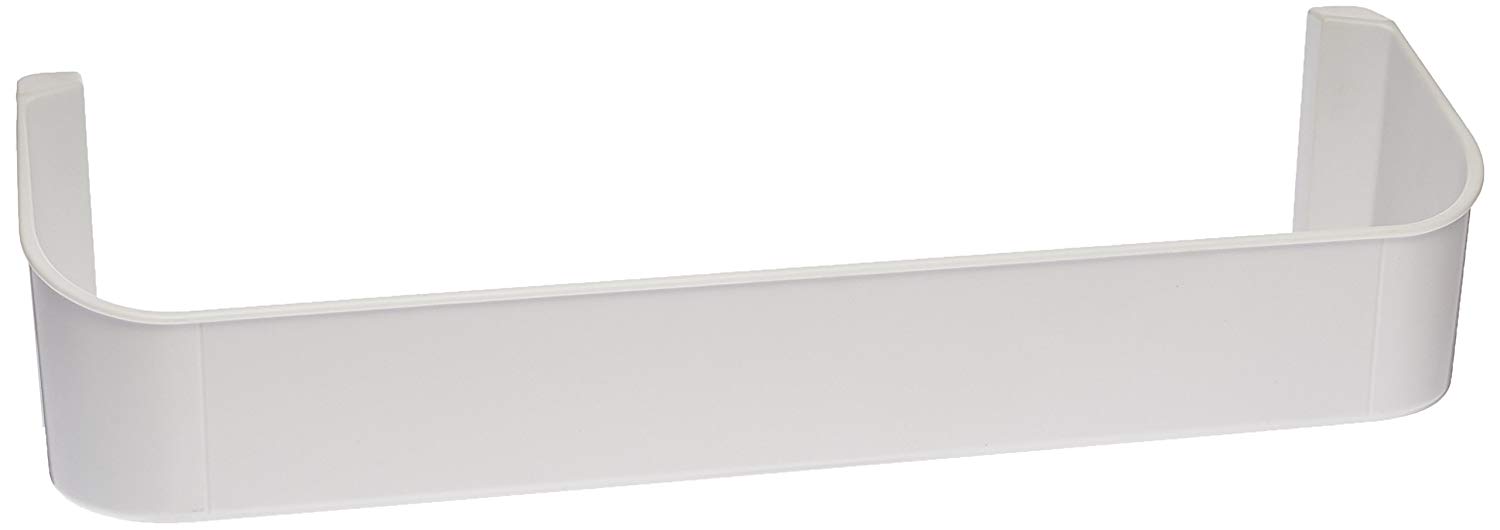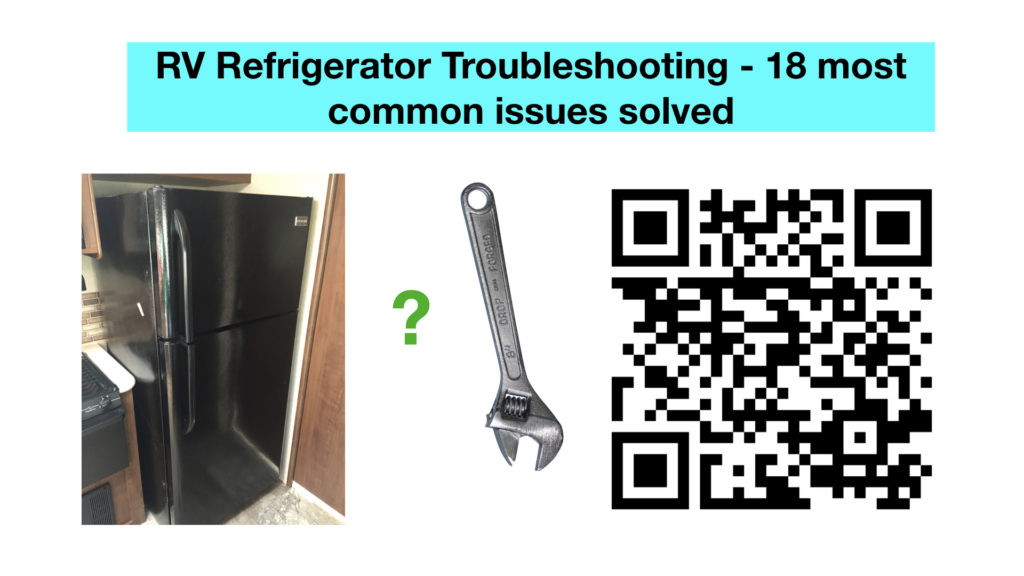A refrigerator is SO important in a RV that taking some time to look around for the best model really makes sense. Lot of considerations to be had, but price is really the most important thing for almost everyone. So, how much does a RV Refrigerator cost?
RV refrigerators are priced around 1000$ as the starting point and can go up to 3000$ for the top line models. The recurring costs, that is electricity, propane and maintenance costs will be approximately 350-400$ a year.
Why Are RV Refrigerators So Expensive?
This is because RV refrigerators are made up of stainless steel and don’t have any plastic moving parts, unlike residential refrigerators. They have to be built this way to cope with the constant rumbling vibrations of being on the road.
What Are The Types Of RV Refrigerators?
There are generally 5 different types of refrigerators you’ll find on board a RV:
- 2 way fridges- Run on AC/DC electricity or AC and propane or DC and propane.
- 3 way fridges- Run on AC/DC/Propane
- Propane refrigerators-Like in the ol’ days!
- Standard home refrigerator- Some people just prefer to use a residential refrigerator as these have bigger capacities and freezers which RV refrigerators tend to not have
- Thermoelectric refrigerators- These are tiny chillers rather than full blown refrigerators, and are usually used as a second refrigerator rather than the only one. At most, they’ll keep the drinks cool for you, but don’t expect much more.
To know more in detail about these types, check out this post I wrote on the different types of RV refrigerators.
The Best Bang-For-Buck RV Refrigerators Online
The following are really good representatives of what you’ll find no matter how hard you search. The market is DOMINATED by Dometic and Norcold, which is something to keep in mind.
I really like
this refrigerator
by Dometic. It’s a nice 2 way fridge, has a fair 6 cu. Ft volume and isn’t too expensive either. It also has a freezer and door lock handles, which are always needed on the road to keep the doors from flying open.
I also like
this fridge by Norcold
. It has a dedicated freezer with 1.3 cu ft space, which is quite big by RV standards. It’s on the expensive end of the spectrum of RV refrigerators though.
If you’re still looking for a bigger RV fridge then
this 8 cu. ft fridge by Dometic
may be the one for you. It’s quite fairly priced as well and has a 2 way operation.
Like I said earlier, expect to shell out about 1500$ for a entry level RV refrigerator and upto 3000$ for the more premium ones.
Running Expenditures For RV Refrigerator
Assuming you have a standard 2 way RV fridge that runs on both electricity and propane, let’s take into account the cost of running the fridge on propane for a day and running on electricity for a day.
According to Enjoy The Wild:
- A 4 cu. ft RV fridge will consume less than a pound of propane daily
- A 6 cu.ft RV fridge will consume approximately a pound of propane daily
- A 12 cu.ft RV fridge will consume approximately 1.5 pounds of propane daily
These roughly cover the spectrum of RV fridge sizes that you’ll see on the market.
A gallon of propane in the US has an average price of 0.7$, over the last 6 months. 1 gallon=8.3 pounds, so let’s say that 70 cents buys you 8 days of refrigerator usage on propane for a 6 cu.ft fridge.
That comes to a roughly 3$ per month cost or 36$ a year running cost for buying propane. If you have a bigger fridge, that figure will be closer to 50$.
Running your fridge on electricity is costlier than propane though. According to Gone With The Wynns, their residential fridge which they installed in their RV draws abou 1.53 kWh per 11 hours. That’s approximately 3.4 kWh daily.
On average, a single kWh costs 12 cents in the US. So, to run a residential fridge inside your RV, you need to spend approximately 42 cents daily. That comes to about 154$ in a year. Keep in mind that this figure is based on a residential fridge which has a higher capacity than a RV fridge and thus, draws more power.
This is why the total costs of electricity and propane come to about 200$ a year.
Maintenance Costs Of A RV Refrigerator
Maintenance of a RV fridge may put you back by about 600$ on average, taking into account the visitation fees of the serviceman and cost of replacement parts, if needed. You can generally expect to shell out this amount once every 3 years. The cost of maintenance, when spread out over this period, comes to 200$ a year.
So, it’s safe to say, you should put about 400$ aside in your yearly budget to take care of all running and maintenance expenses of your RV refrigerator. If you have a residential refrigerator, it’s even better to set aside a 100$ extra since they are more prone to needing repairs on a RV.
Few Things To Keep In Mind About RV Refrigerators
#1 You shouldn’t use a propane fridge while driving.
Think about it. If you crashed with the propane turned on WITH the flame in the fridge ON… BOOM!
That’s because it’s a major fire hazard. What you should do is switch to electric if your fridge has the ability to run the cooling process on DC.
If you don’t have a 2 way or 3 way fridge with DC power, well then, the only safe option is to switch off your fridge and only open it extremely sparingly to maintain the temperature. If you follow this, you can generally expect the temperature to not drop more than 2 degrees in 6 hours.
#2 RV fridges just can’t cool as well as a residential fridge.
If you haven’t been living in a RV for long, chances are that you would take a lot of features in the refrigerator for granted. Small things, such as the fact that most RV refrigerators don’t have a proper freezer will seem irritating to start with. But over time, you’ll get used to having your ice cream slightly soft rather than frozen hard.
#3 Propane-only (1 way) fridges require frequent maintenance.
That’s probably why more and more people are now using 2 way and 3 way fridges
#4 You’ll have lower storing space
Residential fridges are much bigger and getting used to a RV fridge will take you some time. You’ll need a bit of ingenuity and being smart about the kind of foods you bring on board to get by, but trust me, it’s not that hard.
#5 Residential fridges will need frequent repairs
If you just miss your home fridge too much, just remember that they are made of soft metals and have moving parts- neither of which are too durable to the constant vibrations from being on the road.
FAQ
Q1. How long do RV refrigerators last?
You can expect a RV fridge to last you upto 8-10 years, although there are people online I came across on forums that claimed 20 and even 30 year lifespans!
Q2. Should you leave your RV fridge on all the time?
If you’re not going to be on board for a few days it’s best to switch the refrigerator off. A handy hack is that 12 hours before you’re going to board, you switch on the refrigerator. This ensures that it is cool enough for the rest of the day.
Q3. What are some key factors for picking a RV refrigerator?
- How much room do you have on board the RV?
- How many people will you usually accomodate?
- What type of food do you usually eat? If there are a lot of meats in your diet, you’ll need to maintain lower temperatures consistently, if it’s only veggies, they can withstand slightly higher temperatures as well
- Do you want a freezer or not? If you’re okay without a freezer, you’ll probably end up getting much cheaper deals. However, be warned that RV fridges don’t have very efficient freezers
- How much energy consumption can you deal with?You’ll need to think about how quickly your batteries will get consumed and plan, not just according to the refrigerator’s power draw, but all your appliances. I wrote a handy post on this exact topic that you might want to check out.
 24/7 Help
24/7 Help